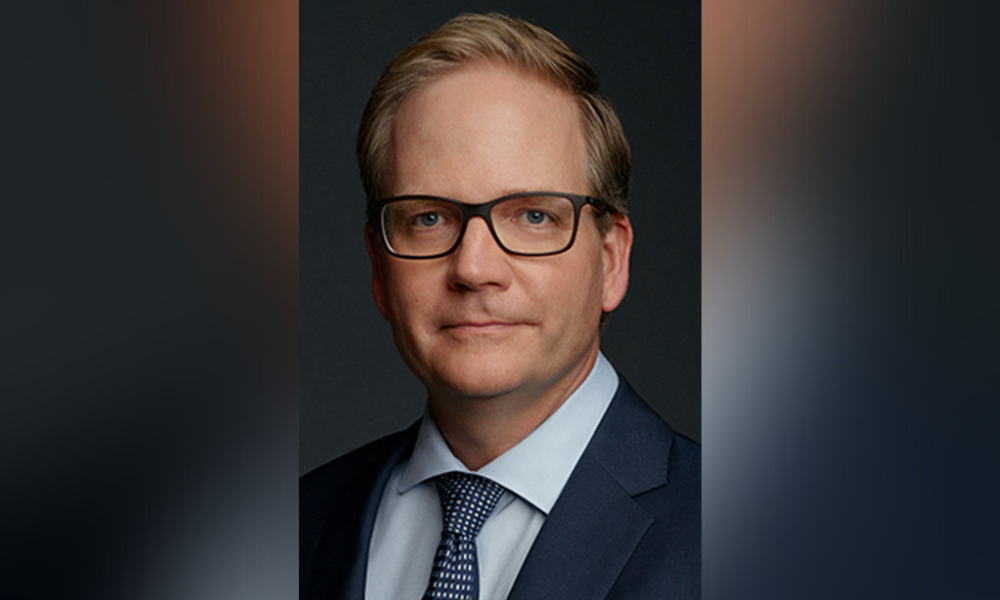Read more: Edward Jones’ focus
First, most are no longer anticipating a specific retirement date. While, they historically saw 65 as a time to rest and relax, many no longer have defined benefit plans. So, 60% now are planning to work part-time in retirement, so it’s not so much a retirement as a period of reinvention.
“Maybe a silver lining of the pandemic is that many individuals are rethinking what really matters to them and how they want to spend retirement and what they value,” said Gunn. “Some of the change is because of money reasons, but more is from their desire to reinvent themselves and do something that they really want to do or are passionate about, and they’re continuing to work part-time to fund that in retirement.”
Gunn noted this study showed that there now are four phases to Canadians’ retirement. The first begins about 10 years before retirement. The second is for two years after retirement. The third lasts from three to 14 years after retirement, and the final is the last 15 years – though Gunn noted there can often be seven to eight years where individuals have significant health concerns.
“We’ve discovered how people feel, the questions they’re asking, and the behaviours in each of these stages, so we’re really working on training our advisors with all of this information, so they can bring the most value when meeting with someone who may be ten years away from potential retirement, but then will be going through each of those stages.”


